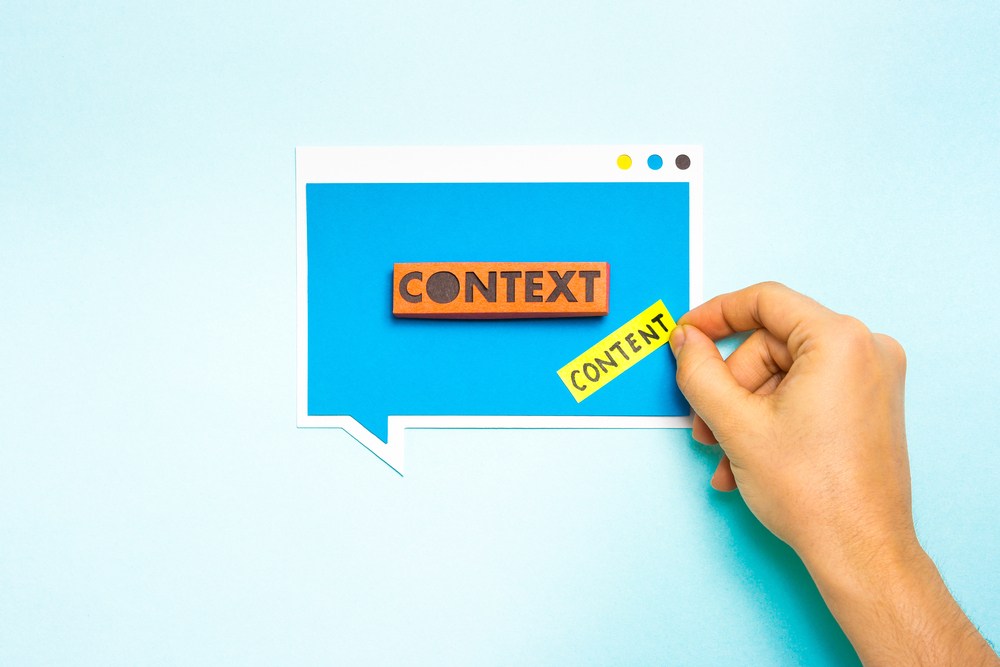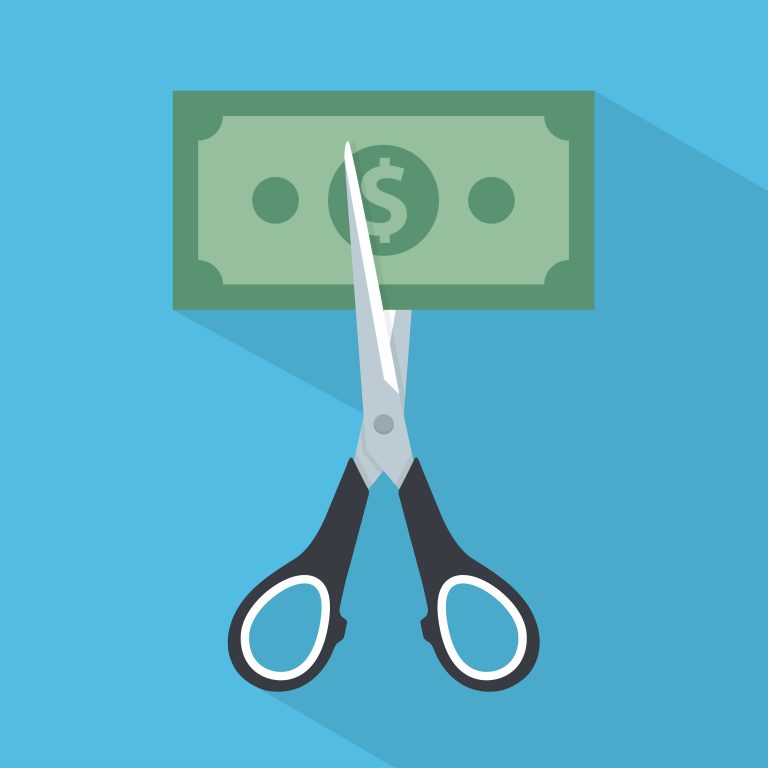Three ways in which AI will change content marketing
If AI has yet to transform your sector, it’s only a matter of time. Learning about the potential afforded by artificial intelligence – the threats and opportunities it presents – will leave you primely positioned to capitalise when the time is right.
So when, exactly, is the right time to transition from human-led intelligence to machine learning? Quite simply when the cost/time/productivity benefits of machine intelligence outweigh those of its masters. AI might not be ready to boss every element of the marketing game just yet, but it’s a fast learner. The days in which machines market to people, monitor campaigns, analyse the data and use it to become even better at marketing to people are fast approaching. Here are three ways in which AI will change the way you approach content marketing.
Things will get personal
When you walk into a bar and the barman addresses you by your first name, it’s a nice touch. If that same barman were to call you by name and then reel off your last five credit card purchases and internet searches, that would be creepy. You certainly wouldn’t be returning to that bar in a hurry. As AI makes it easier to personalise content, you’ll be able to serve up tailored marketing messages and recommendations at a granular level. Not only will you be able to get personal – you’ll be able to get really personal.

Thankfully, it’s possible to achieve this without getting creepy. Personalised marketing is all about serving up content that caters to the needs and desires of that particular individual. When it’s done well, the individual will have no idea that they’re being served bespoke content; they’ll simply think they’re reading something which happens to resonate powerfully. It happens sometimes when you’re browsing the web; you chance across an article or a forum post and it really strikes a chord, leaving a lasting impression. Well, with AI those chance encounters won’t become one-off events – they’ll become daily occurrences.
Imagine sending out an automation campaign that had a 100% open rate. It sounds impossible, but that’s the ultimate goal of personalised marketing: to deliver content that is so relevant, personalised and on-point that the recipient won’t be able to resist opening. At the moment, segmentation allows you to set in place basic rules that can, for instance, send your prospects specific content based on articles they’ve read on your website or campaign emails they’ve clicked on. As AI starts to make inroads into B2B marketing, this sort of basic segmentation will become a lot smarter.
Already there’s the ability to serve up recommended content to readers on your website, delivered via AI-based WordPress plugins. That’s an example of entry-level AI, the sort that can personalise content without getting too personal. Soon, your content marketing strategy will involve creating 20 different pieces of content targeted at prospects who are at different stages on the customer journey. AI will then deliver the most relevant piece of content to each prospect and will follow up with supplementary content at the right time, easing them further along the sales funnel in a smooth and seamless manner.
Eventually AI will take charge of crafting the content as well, and then we’ll all be redundant, but in the short to medium-term, expect to see machine intelligence increasingly taking on the role of engaging with and nurturing leads. Take email marketing for instance; you can A/B test subject headers and other variables, but it’s still a process which has to be done manually with each campaign in turn. Once AI gets up to speed, it will be able to deliver content whose subject headers, language, button colour, urgency and promotion type will all be customised to suit each customer in turn.
Analytics will get awesome
As it stands, there’s a whole lot of analytics out there pertaining to every aspect of your content marketing strategy. You’ve got Google Analytics, email analytics, social media analytics...you name it, there’s a dashboard for that. While much of this data can be linked together using CRM software, you’re still confronted by vast reams of data. We’re fortunate to live in an era when we have access to so many data points and means of gathering actionable insights. Marketers of the 1930s would be super jelly of the sort of tools we have today for tracking engagement and time on page. Imagine telling them how you can use hotspots to identify which parts of your message are being read and which are being skimmed over. Their minds would boggle
For all of the power that analytics places in our hand, it’s still a two-edged sword. Simply making sense of all the data and identifying problem areas can feel like a full-time job in its own right. You can set up all the alerts, reports and pretty bar charts you like, but someone’s still got to go through them all, remedy any issues that have been flagged and provide feedback that will dictate your content marketing strategy moving forward. Well, the good news is that AI will soon do all of this for you. Not only will it crunch the data in the first place and create recommendations off it, but it will go a step further and then implement these recommendations.
At present you can gather smart insights from AdWords, for example, of ways in which you can make your campaigns more efficient. It still requires your input to approve or ignore these recommendations however. Once machine learning becomes smarter and more joined up, it will be able to link all your platforms and generate valuable insights that will reveal opportunities for growth and improvement before implementing many of these whilst keeping you in the loop. It sounds dreamy, and there’ll certainly be a few hiccups before this utopian future comes to be, but it will happen eventually, freeing marketers from the yoke of having to scrutinise page after page of analytical reports.
Content marketing will become cheaper

Many of the benefits that AI will bring to B2B marketing can be thought of in terms of increased efficiency, resulting in more leads and more conversions. There’s another efficiency that AI will usher in though, and it’s a significant one: cost savings. Once computers become adept at handling the sort of administrative tasks that can bog a marketing team down, it will free up humans to focus on the sort of tasks that they’re best equipped to do: selling person-to-person and creating strong, unique content that will drive sales. The cost-savings AI can introduce are significant too: one report revealed that companies which have introduced AI have experienced cost savings of between 40% and 60%.
Every new technology presents opportunities and threats. AI will create jobs and kill others, but for marketers it can only be regarded as a net good. Everything was the future once. AI has yet to infiltrate the world of content marketing, but it’s starting to sink its hooks in. Keep abreast of the latest AI-driven innovations as they start to permeate your industry. That way you’ll be poised to welcome the machines into the fold with open arms when the time is right.


